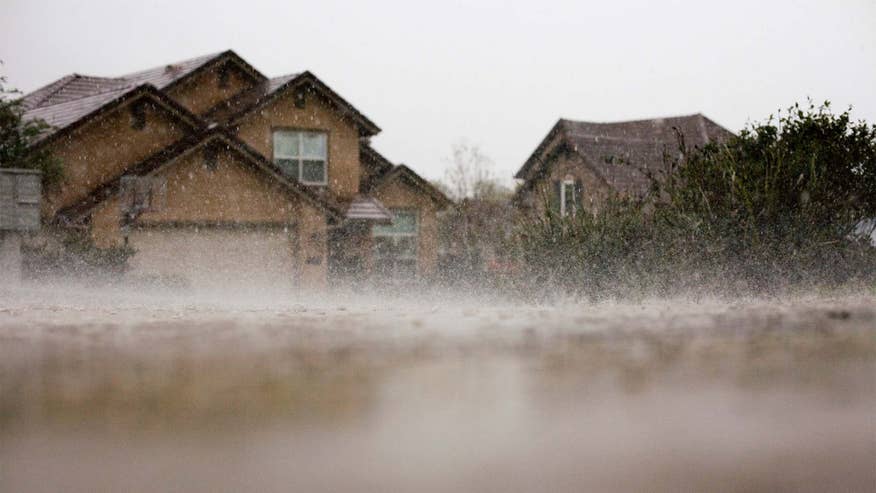My Home Was Damaged in a Storm. How Long Will It Take for My Insurance to Pay?

My Home Was Damaged in a Storm. How Long Will It Take for My Insurance to Pay? (slobo)
Q: What is the proper wait time to give the insurance to answer your rain damage to your home?
— Insured
A: It sounds as though water from a storm has entered and damaged your home and/or property.
We’re sorry to hear you’ve got a mess to clean up. The timing answer isn’t simple because it depends on what’s happened and where you already are in the process.
Determining if you’re covered
The most frequent type of loss reported in the insurance industry is from water damage, said George Kiraly, a certified financial planner with LodeStar Advisory Group in Short Hills, New Jersey, via email.
“Whether the damage to your home will be covered depends on if the leak was caused by a ‘covered peril’ under your policy,” Kiraly said. “Most standard homeowners policies provide coverage if the cause is ‘sudden and accidental’ and will deny coverage if the cause is ‘maintenance-related.'”
If your particular loss is covered, the policy will reimburse you up to the maximum coverage, less your deductible, Kiraly said.
He offered this example: Let’s say that during a heavy rainstorm, water leaked through your roof. The roof is damaged, as are some fixtures in your home. Are you covered?
Yes and no, Kiraly said.
“You’re probably not going to be reimbursed for roof repairs because that’s a house ‘maintenance’ issue,” he said. “But the water damage to your home is covered.”
He said damage to your fixtures is also probably covered if you have a standard HO-3 home insurance policy — the most commonly purchased policy because it is the minimum coverage required by mortgage providers.
Figuring out what to do after damage
Once a water loss has occurred, the single most important thing you need to do is mitigate the damage, Kiraly said.
“Do whatever you can safely do to prevent more water from entering the affected area and/or reduce ongoing damage,” he said. “For example, if you need to patch up or cover a section of damaged roof or have an area of your home pumped out, do so immediately and keep track of the cost so your insurer can reimburse you.”
Kiraly said if the damage is significant and you decide to file a claim, notify your insurance company as soon as possible. After you file the claim, you should hear from your insurance company within a day or two.
“The company should tell you about its claims process and any responsibilities you have,” he said. “Your insurance company will assign a claim adjuster to inspect the damages and determine coverage.”
He said you should cooperate with the adjuster and keep written notes about conversations regarding your claim.
The company should provide you with a copy of the damage estimate, he said.
If you need a contractor, your insurance company will probably be able to provide you with one who will do the work at the estimated price, Kiraly said.
“You are not required to use the company’s recommended contractor,” he said. “If all or part of the loss is not covered, the company must explain how coverage is excluded under your policy.”
You may only want to file a claim if the damage to your home is significant.
“There have been cases where some insurers have refused to renew the policies of homeowners who’ve made multiple water damage claims. These claims can mean high administrative costs for the insurance company,” he said. “Also, insurers worry that water damage can lead to mold problems, which can be very expensive to remedy.”
To avoid having your policy canceled for repetitive small claims, take the highest deductible on your policy that you can afford, Kiraly said. This will lower your premiums and also discourage you from filing small claims.
“Even if the damage is slightly above your deductible, it’s worth handling it yourself to avoid the possibility of it affecting your policy,” he said. “The question you should ask yourself when considering whether to report an event, would be, ‘Is the damage to my home and property significant?’ If not, don’t report it.”

